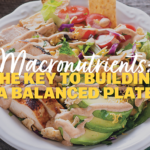Waste Not; Want Not
Sustainability, From Our Kitchen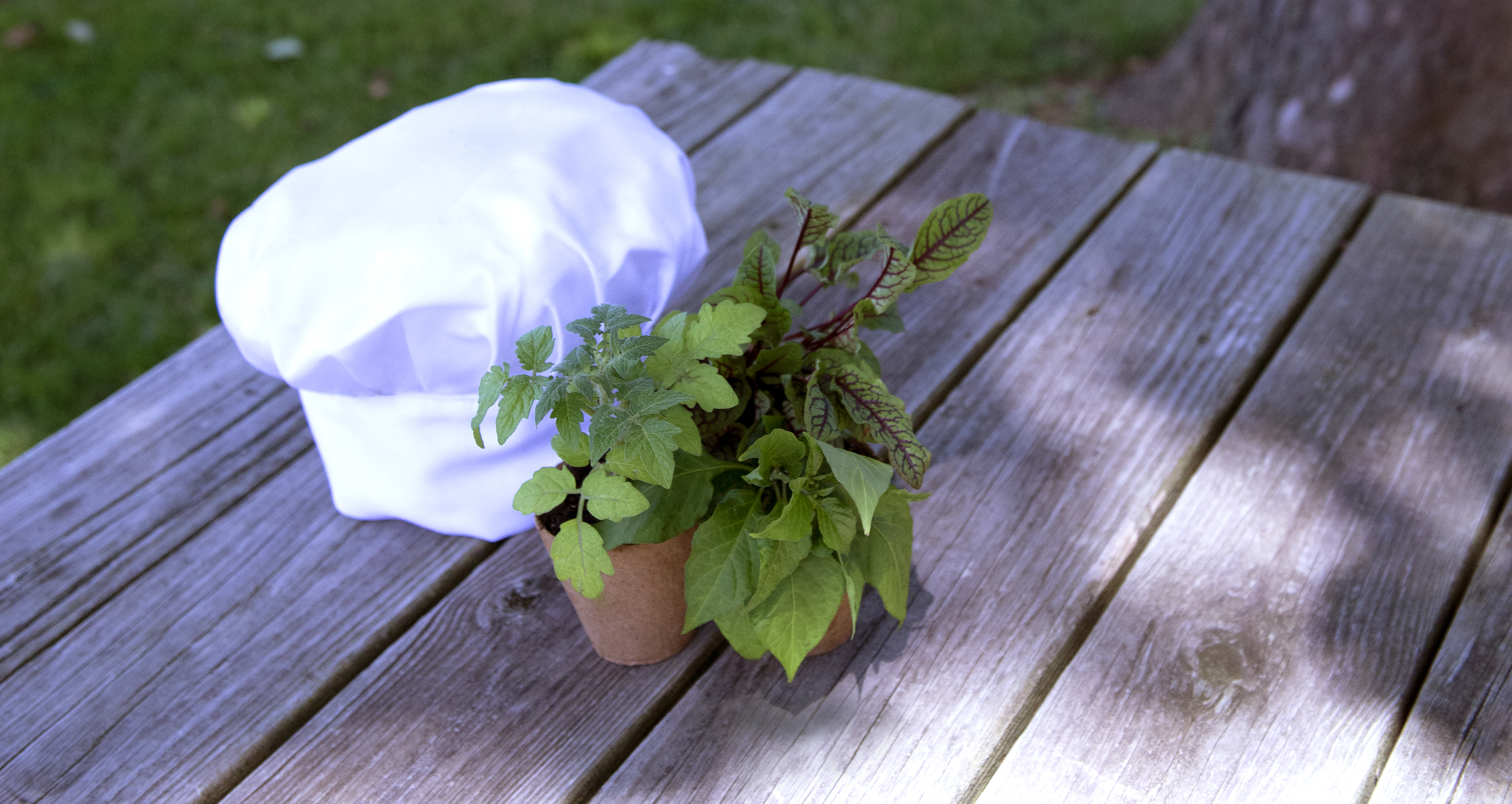
About 40% of food in the United States is thrown away every year. Surprisingly, most of this waste happens at home. When food is thrown away, so is time and money. But there are simple things you can do to reduce your food waste at home: Take a look in your fridge and pantry to see what you already have. Keep these items in mind as you decide on your meals for the week and craft your shopping list accordingly...
Certified Green Restaurant Recognition for The Shipley School
Sustainability
Wayne Washington, SAGE Food Service Director at The Shipley School in Bryn Mawr, Pennsylvania knows a thing or two about eco-friendly dining. Shipley’s Avery Silverman Dining Room recently received the 3 Star Certified Green Restaurant® recognition by the Green Restaurant Association (GRA), a national nonprofit that helps restaurants become more environmentally sustainable through stringent certification standards. Check out this video to hear how they did it! ...
Locally Sourced: Chesapeake Bay Roasting Company®
Sustainability, Purchasing, Locally Sourced
SAGE is committed to sourcing locally. Local sourcing means our guests enjoy fresh, delicious products. It also means a boost for local economies and a reduction in our overall environmental impact. Approximately 40% of our suppliers are within 150 miles of the venues they supply, and 30% are in the same state. We source strategically, seeking not just vendors, but partners who work with us long-term to achieve performance and sustainability goals. One of our most established East Coast partners...
A Commitment to Sustainability
Sustainability, Gardens, From Here. From Near., Locally Sourced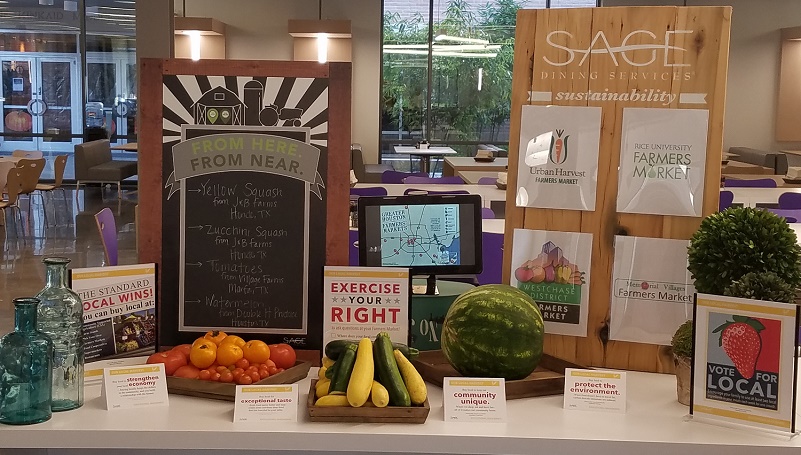
At SAGE Dining Services®, our commitment to sustainability is visible in our efforts to use safe, local, and organic products whenever possible; to minimize waste; and to educate others about sustainable practices. We create custom menus for each venue to showcase the products and flavors of each community, which often requires local sourcing and local skill. We develop partnerships with local suppliers to increase the use of seasonal products, support sustainable local farming initiatives, and reduce fossil fuel emissions. In...
A New Spin on Those Old Resolutions
Nutrition, Sustainability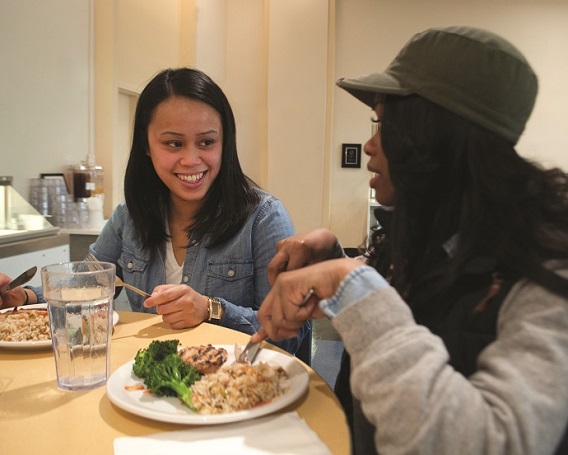
For your resolution planning, we’ve got some tips for staying body positive, spending more time with family and friends, and being a strong advocate for our planet. We’ve put a special focus on food and the kitchen—we are chefs, after all! Instead of trying to lose weight, focus on giving your body better fuel. Eat your colors. For a diet rich in minerals and nutrients, eat a variety of brightly colored fruits, herbs, and veggies. Make it easy to get your recommended five...
SAGE Defines the Food Service Standard
Sustainability, Gardens, From Here. From Near., SAGE Standards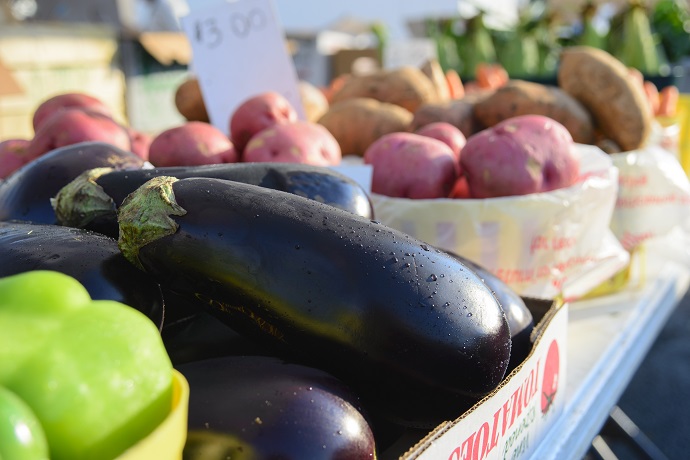
The SAGE Standards are the guiding principles to which we adhere. They’re our promise to our campus communities—fresh, wholesome, made-from-scratch food that pleases a variety of palates and meets a variety of dietary needs. We feel good knowing that our Standards support the health of our communities, their environments, and their local economies. We’ll touch upon these Standards in a series of upcoming posts. SAGE Standard #1: “We cook from scratch, using local and campus-grown ingredients where possible.”...
Why Not Walk to Work?
Sustainability, SAGE Community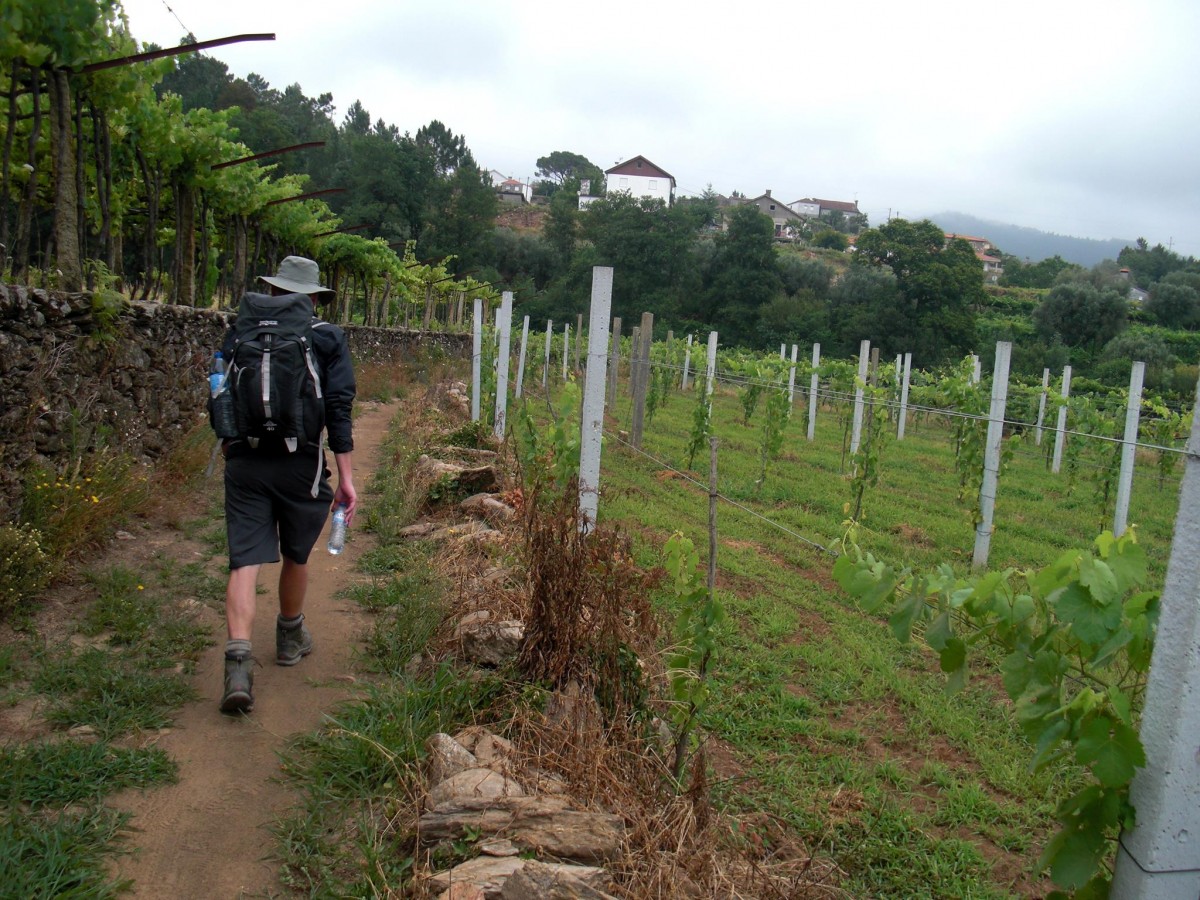
“The more we walk, the closer we get,” wrote SAGE President Paco Rodriguez in a blog chronicling his 156-mile backpacking trip with his daughter on the Camino de Santiago last summer. April 1 is National Walk to Work Day. For many of us, walking to work sounds like a good idea. But actually doing it? We quickly dismiss the idea—it's too far, too difficult, too time consuming. SAGE's President Paco Rodriguez thought that, too, until he started walking to...
Zeke's Coffee: Small-Batch Roasts with Big Baltimore Flavor
Sustainability, Locally Sourced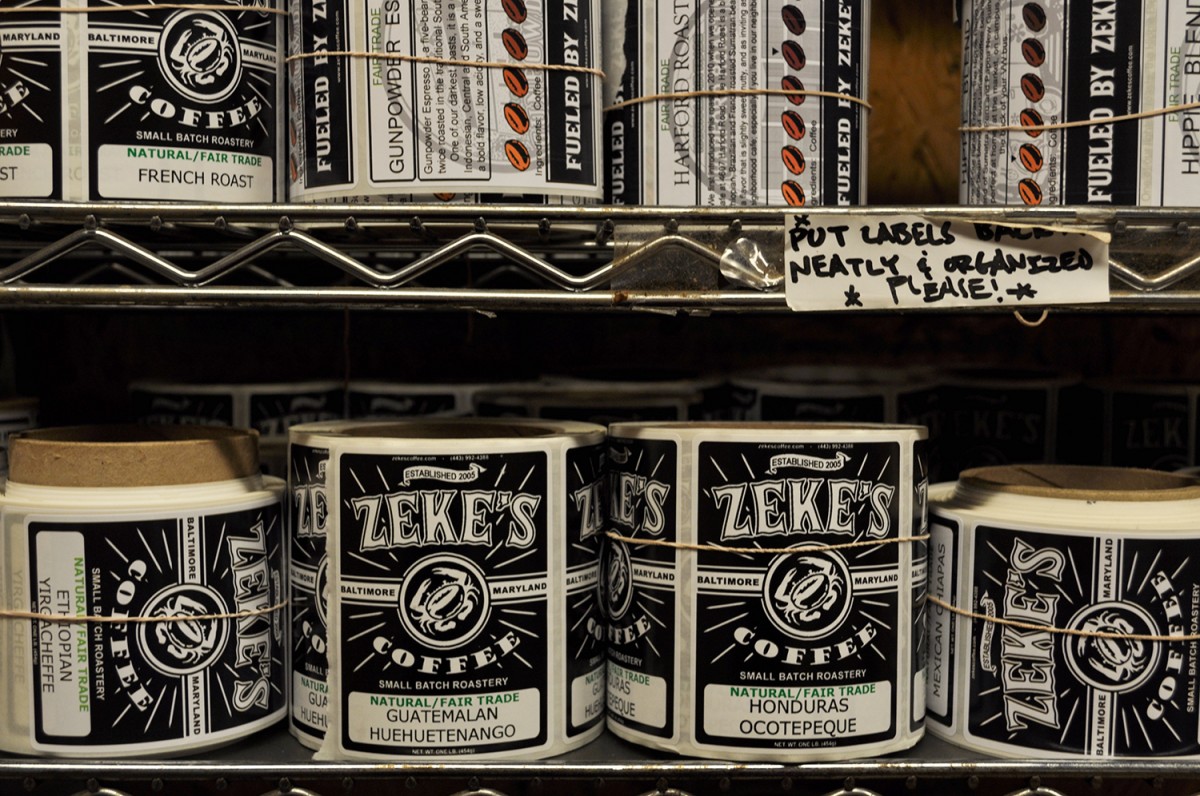
A slow, plaintive melody rises above the resonant thrum of roasting machines that busies the mild afternoon air. As I make my way toward the warmth and hum of the warehouse, a young man strides over to me. His brown beard frames a broad smile as he catches my hand in an easy shake: “I'm Brett. Welcome to Zeke's.” In 2005, Brett's uncle, Thomas Rhodes, began roasting his own coffee beans in a one-pound roaster in Baltimore. He sold...
